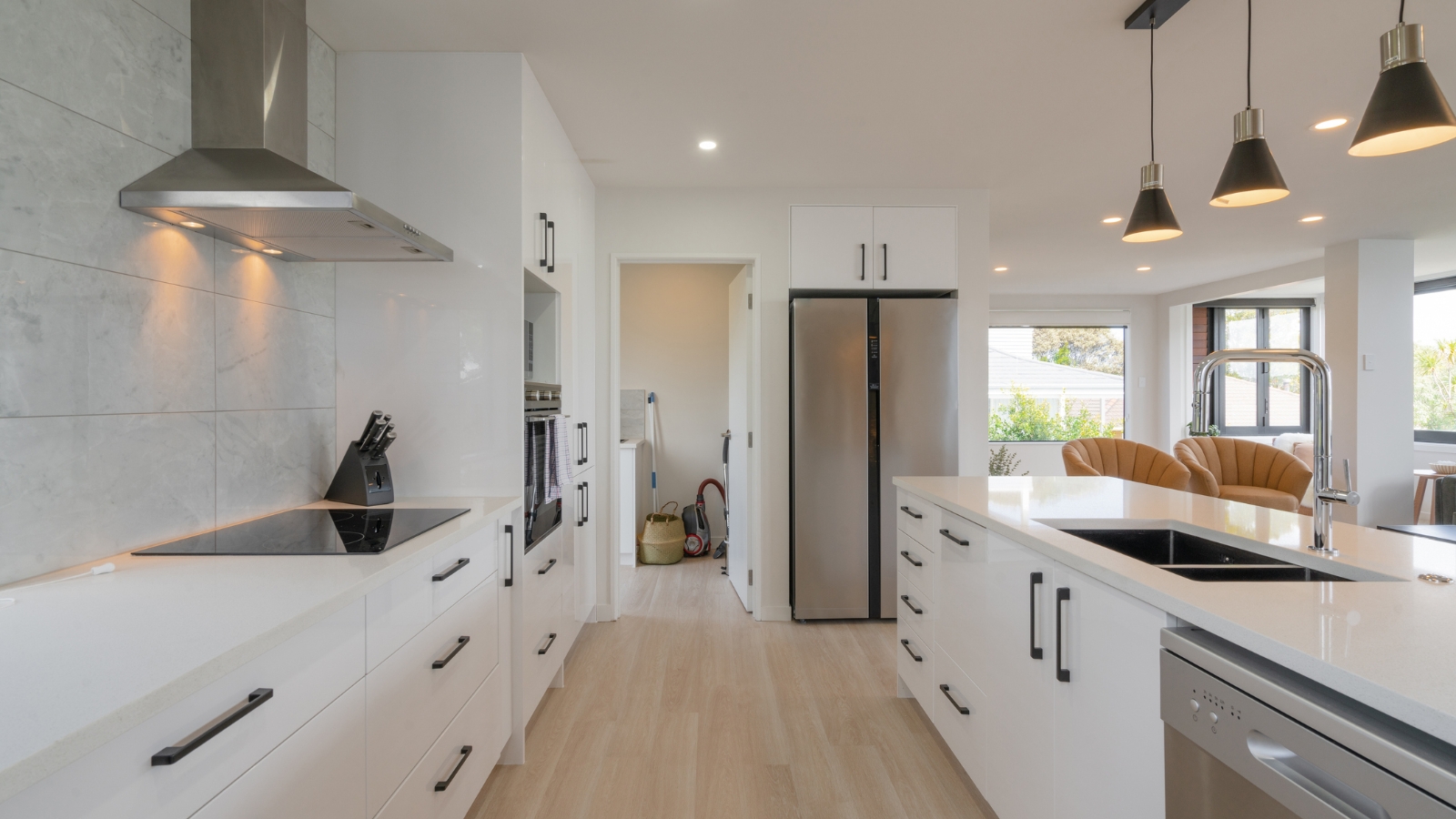Buying guide
What is a body corporate and how does it work?
If you buy an apartment or townhouse you may need to deal with a body corporate. Here’s everything you need to know
Last updated: 8 April 2024
If you buy an apartment, unit or townhouse there’s a good chance it’ll be a unit title. This means that you’ll own a part of a larger building (like an apartment) and share other areas like the gardens, lifts or lobbies with other owners.
Buying a property like this means that you’ll have a few obligations you wouldn’t have if you bought a different type of property. One of which is that you’ll be part of a body corporate.
How does a body corporate work?
Body corporate is a legal entity comprising all the owners within a unit title property. The body corporate is responsible for:
Developing and carrying out a long term maintenance plan for shared areas and facilities such as gardens, pools and lifts.
Repairing the building and shared areas as necessary.
Setting, receiving and managing body corporate fees from all residents.
Managing the finances of the building, including arrangement of insurance for the building, land and all improvements.
Setting rules for residents and building operations.
Preparing financial statements.
The body corporate will hold an annual general meeting (AGM) once a year to talk about problems with the building or other matters and hold votes on solutions and key decisions. If you’ve bought a unit title property you’ll automatically be a member of the body corporate, which means you’ll get to participate in votes and have your say about how the building is run.
How much are body corporate fees?
To cover all its expenses the body corporate administration must charge unit owners levies or fees. These may vary depending on the type of building, the shared facilities and the size of your apartment but they average $4,000 to $6,000 per year. In more premium buildings with extensive shared facilities body corporate fees can exceed $10,000 per year.
These fees are set by the body corporate chairperson, with help from the building management, taking into account:
The total expenses your body corporate incurs every year, plus an adjustment for inflation.
Any one-off costs, which may reduce next year’s costs.
Body corporate fees are usually payable in one or two instalments per year and are the only income that your body corporate receives. If residents don’t pay, or the budget doesn’t include certain expenses, the body corporate won’t be able to cover its costs.
Your body corporate may limit the way you can use your property.
Body corporate rules explained
Every body corporate has rules that govern what unit owners can do in common property and in their own units. These may include:
Where owners and guests can park.
Hours of use for common areas, such as pools.
The way that residents can use certain common areas.
Whether or not owners can have pets.
Rules about hanging out washing.
Rules around parties and noise.
The way the exterior of units have to look (i.e. materials or colours that can be used).
These rules can be changed or added to by the body corporate at annual general meetings or extraordinary general meetings (which can be held at any time). It’s a good idea to find out as much as possible about body corporate rules before you buy to make sure they suit you.
Buyer’s due diligence: how to find body corporate details
If you’re considering buying a unit title property it’s important that you do due diligence on the body corporate before you make an offer or attend an auction (or you can make your offer conditional on a body corporate check). To get the information you need you can simply ask the real estate agent or vendor, or contact the body corporate directly.
The Home Owners and Buyers Association of New Zealand recommends obtaining the following:
Financial statements for the last three years including audit reports.
Minutes for all body corporate meetings for the last three years.
Current interim financial statements and approved budgets for the current year.
The long term maintenance plan.
Current insurance certificate for the building and all policy documents.
A history of insurance claims for the building.
Details of any repairs that have been carried out.
Information on any claim or proceedings related to leaks.
Details of body corporate levies.
Details of body corporate rules.
The above documents and declarations will help you get an insight into the financial situation of the body corporate and whether there are any big expenses or potential legal proceedings coming up. You should also be able to figure out whether the body corporate has enough money to carry out planned maintenance and repairs, or if levies will need to be increased. If there’s talk of the building leaking take extreme caution - if this needs to be repaired in future the cost may be shared between the unit owners via a special levy, or one-off fee.
Note: as well as the above you should always carry out normal due diligence for unit title properties. That includes checking the building’s condition, LIM report and title check.
Always check the body corporate rules before buying an apartment.
Getting help reviewing your body corporate
Body corporate minutes and financial statements can be difficult to digest if you don’t know what you’re looking for - and it’s easy for inexperienced eyes to miss key details. That’s why, it’s usually better to get help from a lawyer with plenty of experience performing due diligence for unit title properties and body corporates.
They’ll be able to raise any red flags, ask pertinent questions of the body corporate, and explain how body corporate rules could affect you.
Author
Other articles you might like



